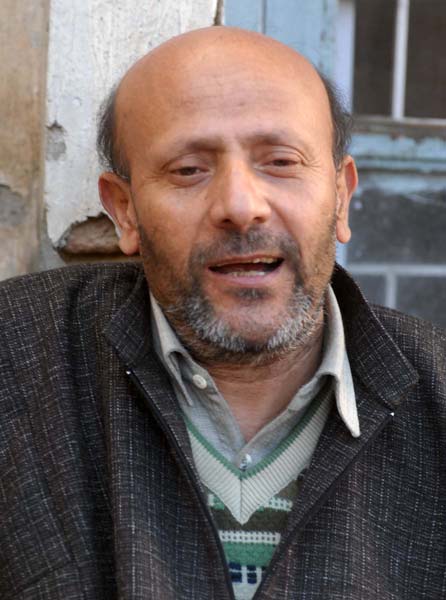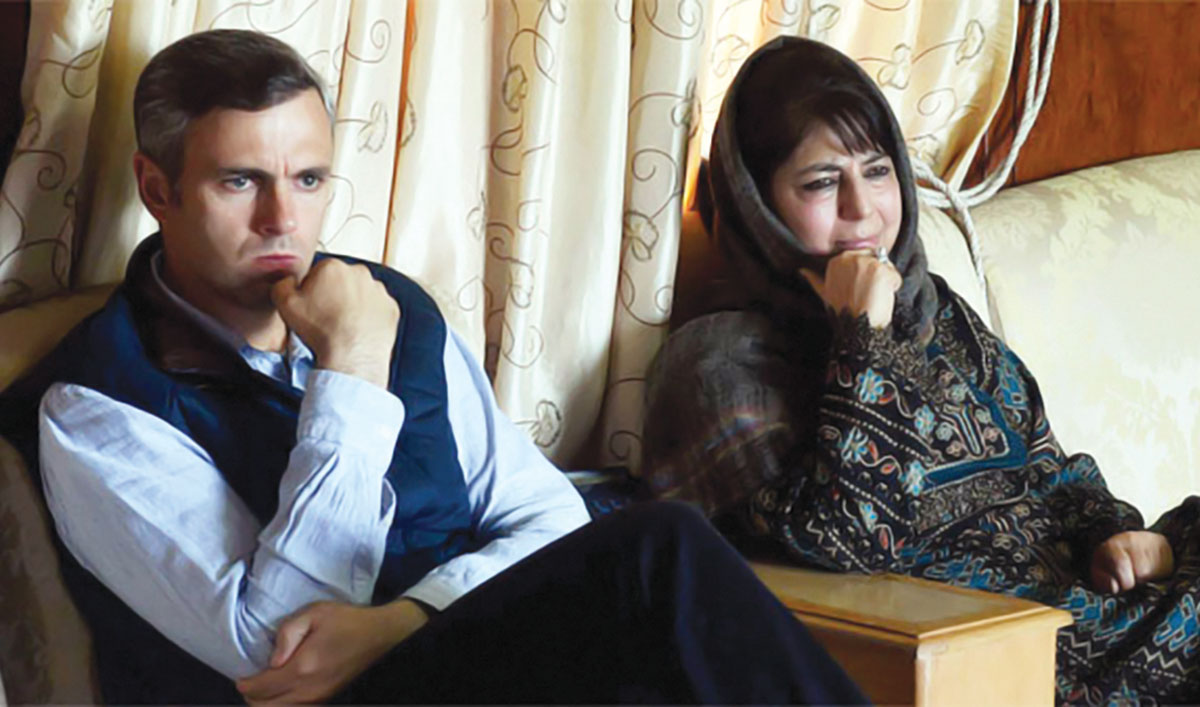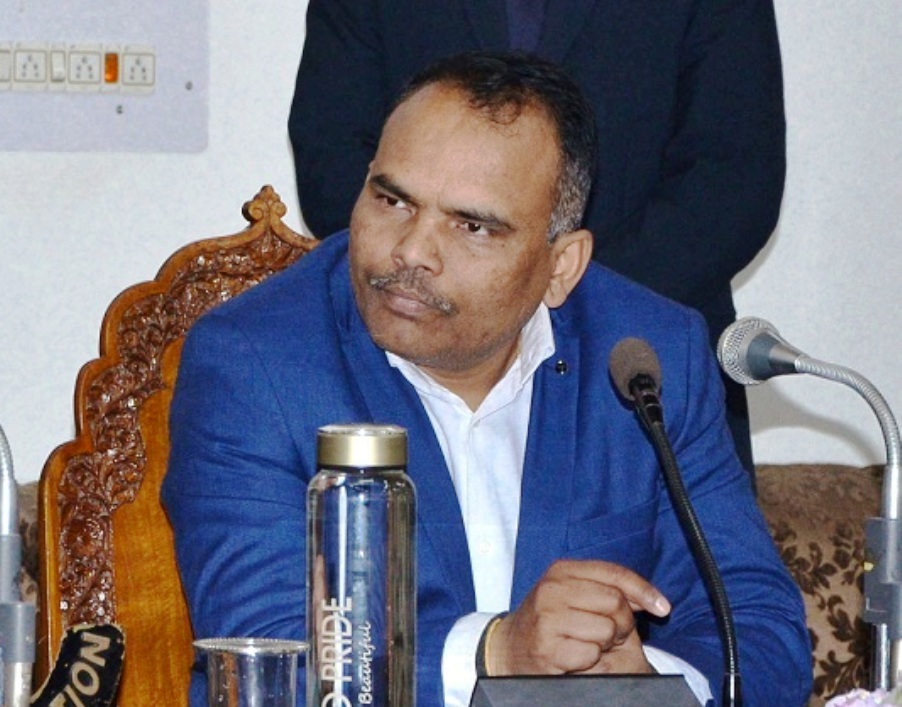SRINAGAR: Home Minister Amit Shah reiterated the government’s position in the Lok Sabha, making it clear that there would be no dialogue with Pakistan or the Hurriyat Conference concerning the situation in Kashmir. Shah emphasised that the government is open to discussions with the youth of the Kashmir valley, considering them an essential part of the conversation. He pointed out the significant improvement in the region’s situation since the abrogation of Article 370, which granted special status to Jammu and Kashmir.
Shah credited Prime Minister Narendra Modi for the historic decision to fully integrate Jammu and Kashmir into the rest of the country after the revocation of Article 370. He underlined that the government’s dialogue would solely be with the Kashmiri youth, indicating a shift in approach toward conflict resolution.
Following Shah’s statements, National Conference MP and former Jammu and Kashmir Chief Minister Dr Farooq Abdullah participated in the debate. Dr Abdullah emphasised the importance of representation, stating that Prime Minister Modi represents the entire nation’s diverse spectrum and not just a single colour. He urged the government to remember its responsibility to all citizens, regardless of their background, and highlighted the need to address the aspirations of all communities.
Dr Abdullah also brought up the issue of Kashmiri Pandits, recounting an incident where an attempt to repatriate them was marred by violence orchestrated from across the border. He questioned the government’s efforts in bringing back displaced Kashmiri Pandits and expressed concern over the lack of progress in this area.
In response, Union Minister Smriti Irani passionately addressed the Lok Sabha, firmly asserting that the reinstatement of Article 370 is not on the government’s agenda. She condemned threats against Kashmiri Pandits and made it clear that the government would not tolerate such behaviour. Irani criticised the opposition alliance, highlighting India’s commitment to meritocracy over dynastic politics and corruption.















